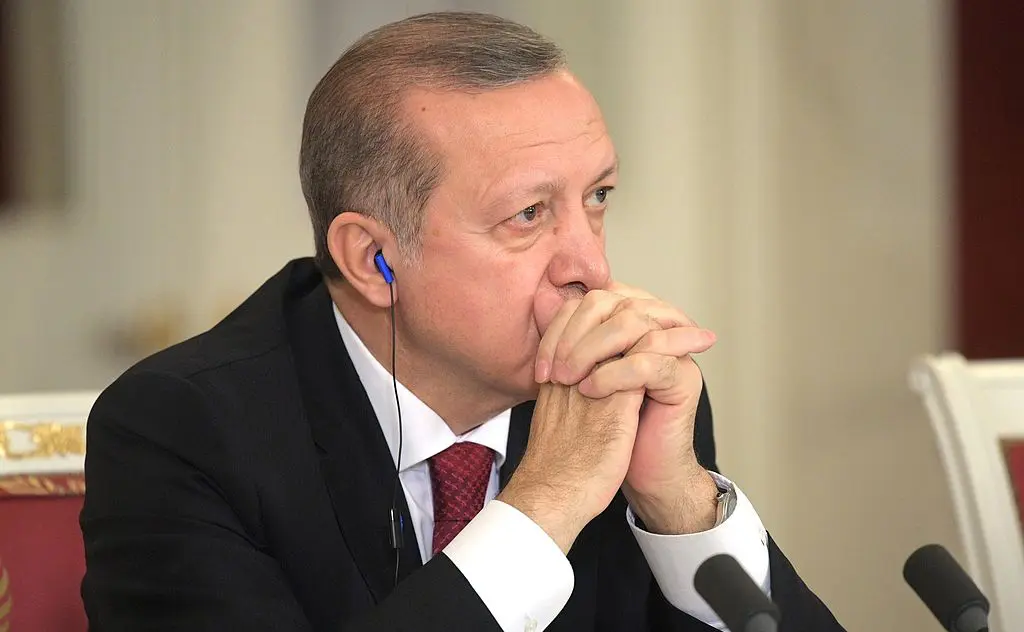The Turkish government has foiled what it described as a new coup attempt to overthrow the current regime by implicating people close to President Recep Tayyip Erdoğan in corruption cases to tarnish their image. Erdoğan summoned intelligence chief İbrahim Kalın and Justice Minister Yılmaz Tunç to an emergency meeting at the presidential palace in Ankara late last Tuesday night, where they discussed the arrest and dismissal of several police officials.
Repetition of a previous attempt
The action follows the revelation by Nationalist Action Party leader Devlet Bahçeli at his party’s parliamentary group meeting on Tuesday lunchtime of a coup attempt similar to the corruption and bribery investigations of 2013. He said that a group of prosecutors and security officials linked to Fethullah Gülen’s organisation had fabricated corruption cases and illegal wiretapping to tarnish the image of people close to Erdoğan, but the government had managed to counter them at the time. Bahçeli said, “There is an ongoing conspiracy that cannot be eradicated by sacking just a few police chiefs. We are aware of the network of illegal connections, and the target is the People’s Alliance.”
Mass arrests
These events coincided with the announcement on Tuesday morning by the Turkish Interior Minister, Ali Yerlikaya, of the arrest of 544 people accused of belonging to the Gülen community, in a large-scale operation carried out in 62 Turkish provinces. The suspects are accused of attempting to infiltrate state institutions and using the “ByLock” application to communicate with each other, an application that the authorities have indicated was used by the perpetrators of the failed coup attempt in 2016.
The Ankara Prosecutor’s Office also announced on Wednesday the arrest of four employees of the Anti-Organised Crime Branch of the Ankara Security Directorate, including the deputy chief of the Ankara Police, Murat Çalık, and the director of the Anti-Organised Crime Branch, Kerem Öner. Turkish media reported that these police officers had lobbied to implicate people close to Erdoğan, such as head of presidential communications Fahrettin Altun, director of the president’s office Hasan Doğan and former interior minister Süleyman Soylu, in trumped-up cases to tarnish their reputations.
The roots of the affair
The roots of the events go back to 8 September 2023, when anti-organised crime teams in Ankara arrested the head of the ‘Kaplanlar’ criminal organisation, Ayhan Bora Kaplan, as he was trying to flee Turkey. He was sentenced to up to 169 years and 6 months in prison for two murders. In response to allegations of the involvement of certain police officers with the organisation, the General Directorate of Security in Ankara launched an administrative investigation, which led to the suspension of nine police officers, including a former director of the security branch and a former director of the arms and explosives branch of the Ankara police.
The police then arrested Serdar Serçelik, the organisation’s number two, and placed him under house arrest. However, he fled abroad after giving a 19-page testimony as a protected witness. In a video published after his flight, Serçelik said that some police officers had steered his testimony and forced him to make statements against ministers and politicians, referring to a conspiracy against the Justice and Development Party and the Nationalist Action Party. Police and intelligence teams then began to identify the culprits on the basis of this information.







